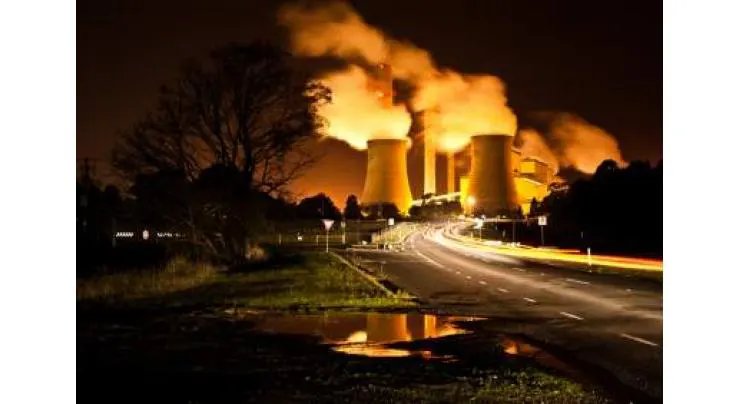Experts at a panel discussion here on Wednesday urged to mobilise diplomatic channels at upcoming COP-28, to seek global commitments on reduction of greenhouse gas emission and phase out of fossil fuel consumption. The panel discussion titled Increasing Climatic Resilience in Punjab and Launch of Research Studies on climate issues” was organised by Sustainable Development Policy Institute (SDPI), in collaboration with Oxfam Pakistan, Strengthening Participatory Organisation. Senior Environmental Lawyer, Ahmed Rafay Alam while speaking at the event, highlighted the global climate injustice and remarked that in 2022, Pakistan witnessed devastating floods and endured US$30 billion worth of losses, whereas global fossil fuel giants made record profits.
The lack of concrete commitment to phase out fossil fuel consumption and the record profits made by fossil fuel companies resulting in upward trends in temperature highlights the failure of the Conference of Parties in providing climate justice, he said. He further added that while in 2022, with robust diplomacy Pakistan managed to lobby the establishment of Loss and Damage fund, its operationalization remains an immense challenge. The operationalization is further complicated by the lack of clarity on how climate finance contributions will be calculated, collected, and mobilized, mechanisms for transparent finance utilization etc. At the national level, he urged that punitive measures must expand to polluting industries to counter the challenges of smog and greenhouse gas emissions instead of arresting poor farmers for burning crop residuals. Dr Shafqat Munir, Deputy Executive Director, SDPI shedding light on the climate financing issues remarked that Global North pledged to mobilize US$100Billion to developing countries by 2020 for climate action, yet it remains a promise unfulfilled. With climate change affecting countries, indiscriminately, climate financing from the Global North has become a far-fetched dream.
In this situation the developing countries must take responsibility of their own future, harness indigenous solutions and mobilize local funding to combat the climate crisis. Discussing national policy instruments on climate action, he urged that National Adaptation Plan must be referred while PC1 projects are developed for concerted national climate action and bridge the financing gap by leveraging local financing.










